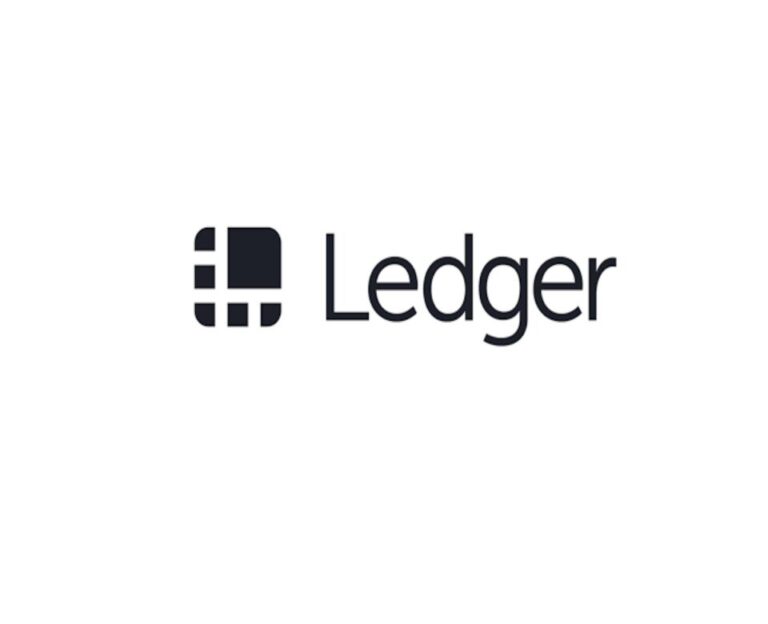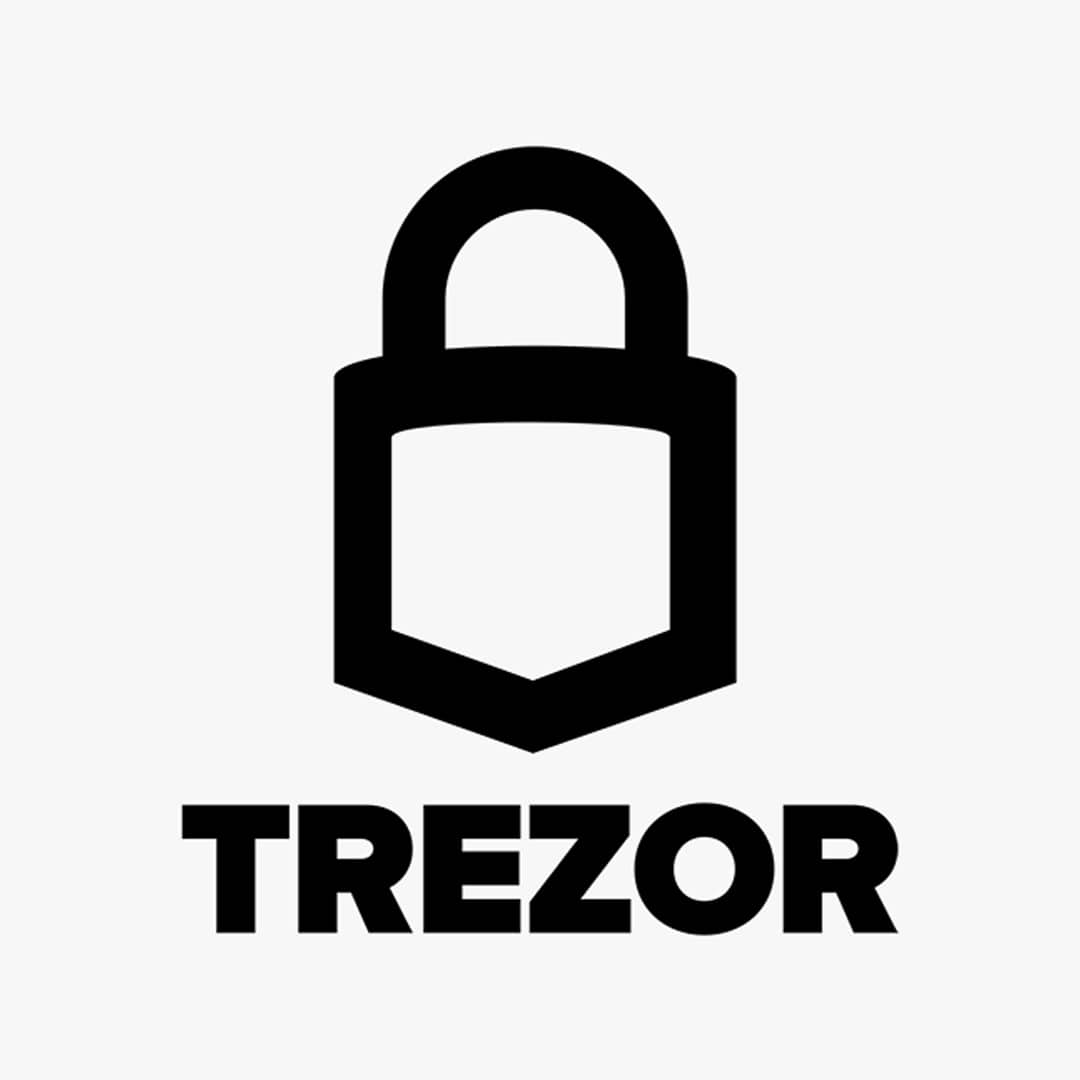- News
- Markets
- Top
- Guides
- Podcast
- Block of Fame
- Awards
- About
Ad

FY Energy
- Renewable Powered Digital Infrastructure Complete the registration and get $20
- Sustainable Passive Income Growth Sign in daily to get $0.8















